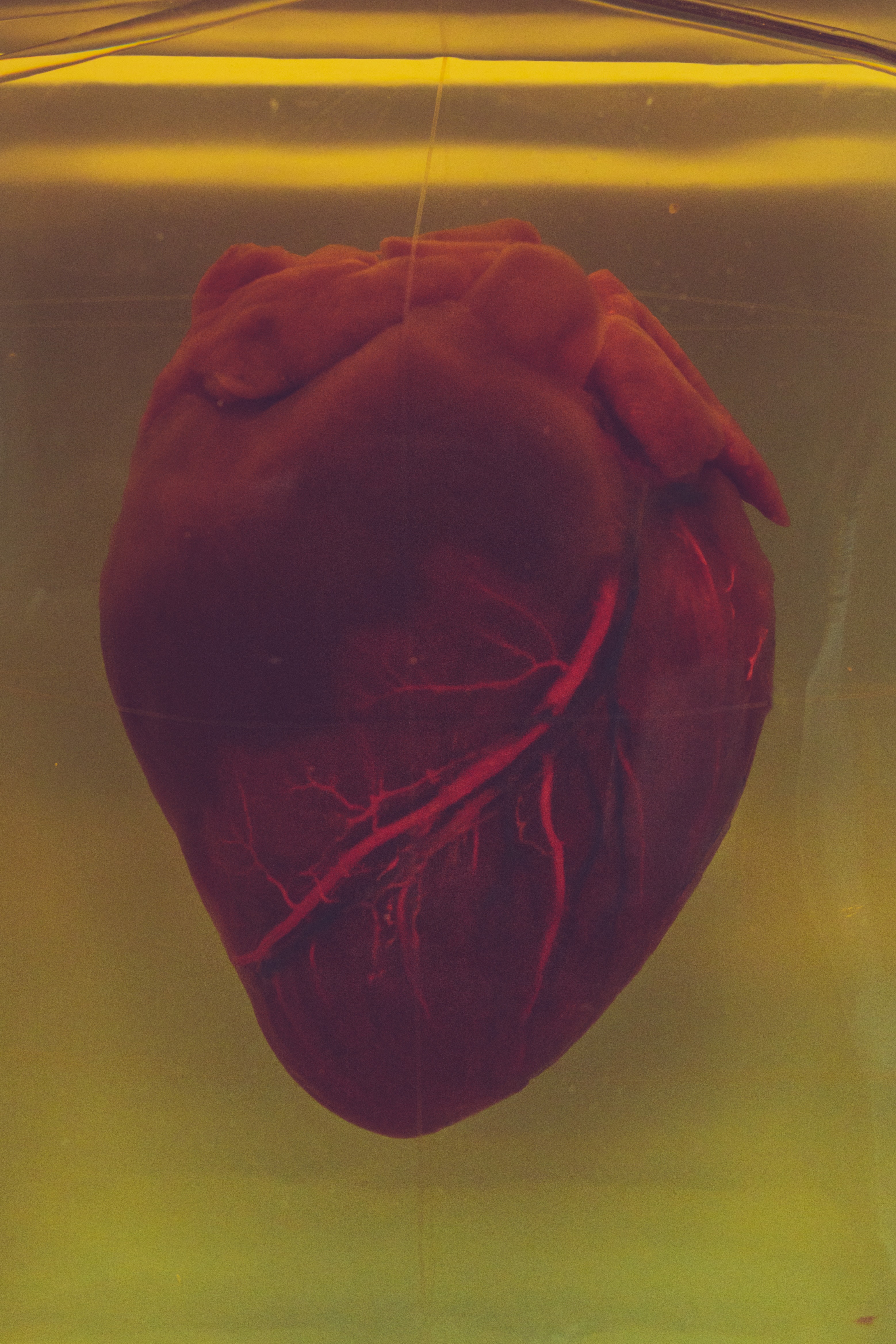What Happens When Homocysteine Is High?
Are you confused about what happens if homocysteine is high? Maybe you have heard it doesn't really matter or maybe you heard it's really important. In this article, we look at some of the impacts of high homocysteine on human health. Specifically we look at the role of the homocysteine molecule on the cardiovascular system and what the research says about this.
If you want to know what happens when homocysteine is high, keep reading.
The Homocysteine Molecule
First we want to look at what is homocysteine. Homocysteine is a molecule that we can measure in your blood. This molecule can inform us about things like B12 and folate levels. It's a reflection of whether or not you are deficient in these vitamins. It's also a reflection of your overall protein intake and the inflammation occurring in your body. Protein is made up of amino acids and two of these amino acid are methionine and cystine. Both of these are important precursors and byproducts of homocysteine. So that, if you don't have enough protein, you will have low homocysteine levels. People that eat a lower protein or more vegetarian-based diet may have naturally lower homocysteine levels.
In terms of inflammation, sometimes when you have of inflammation in your body, your homocysteine can get converted into cysteine to make glutathione. Glutathione can help lower the overall inflammation in your body and neutralize some of that inflammation that's occurring. Typically though, high homocysteine reflects a deficiency in the B vitamins stated above, like B12 and folate. We will talk more specifics about the folate and B12 below. Back to our question, what happens if homocysteine is high?
There are definitely consequences to a deficiency in these B vitamins. Changes occur from chronic vitamins deficiencies, but that's not what this article is about. Instead, we want to look specifically at what happens from the homocysteine molecule. When homocysteine molecule is elevated does this molecule have a negative detrimental effect on the body? To understand this, we can look at the research to understand the relationship between high homocysteine and human health. First, what constitutes a high homocysteine?
Different laboratories will have different reference ranges for homocysteine. First off you want to make sure to measure your homocysteine in a fasted state, for about 10-12 hours. As far as values, some labs will cut off at 10 micromoles per liter and others will cut it off at 12 or even 15 micromoles per liter. In order to have a designation of hyper-homocystinemia, which is high homocysteine in your blood, your level has to be above 15 micromoles per liter. This is just the specific diagnostic criteria for hyper-homocystinemia. I like to see homocysteine between 7 and 9.
Research On What Happens When Homocysteine is High
What does the research say about high homocysteine and the impact of high homocysteine? Elevated levels of homocysteine have been associated with increased cardiovascular events like coronary artery disease, heart attack, stroke and even increased blood clots. These associations and evidence seem strongest for high homocysteine with stroke. One would think that treating high homocysteine with vitamins that lower homocysteine would decrease the risk for stroke and some of decrease the risk for stroke and some of these other cardiovascular issues.
Indeed some studies do find this. For instance, there's been clear evidence of lowering homocysteine decreasing cardiovascular risk in patients with really high homocysteine levels. These are extremely high homocysteine levels like in the 20s and higher. Still many studies don't find a reduced risk in cardiovascular disease from treating high homocysteine levels for instance high homocysteine levels. For instance there's a meta-analysis by the American Heart Association that showed lowering homocysteine levels did not significantly reduce reduce the risk for stroke and had a non-significant impact on coronary artery disease. So the study found a mild a trend on reducing coronary artery disease but there are problems with this meta-analysis. We will discuss this below.
Here is my take on what happens if homocysteine is high. The association between high homocysteine and cardiovascular risk, especially stroke, should not be ignored. The common reason cited for high homocysteine levels is when you have a genetic alteration in the MTHFR enzyme. This enzyme converts folic acid enzyme into methylfolate, the active form. When there's a genetic alteration in mthfr, your body literally cannot make the methylfolate. However, the methyl folate is needed in order to convert homocysteine into something else called methionine. In other words, when you have this gene alteration, taking all the folic acid in the world will not help lower your homocysteine. It really won't lower it at all if you have genetic genetic alteration in mthfr. In fact there's some suggestion that it may make it worse.
Despite this, some research claims that "there's no impact or no benefit in homocysteine lowering therapies." However, they don't even look to see if the people have alterations in the mthfr enzyme. They use folic acid even though we know that a lot of people with high homocysteine have genetic alterations in mthfr and therefor would not benefit from folic acid. That's probably not intentionally, it's just not a well designed to study. In addition, there is sound physiological reasons for beneficial impact of methylfolate and other B vitamins on the cardiovascular system. It's also well documented that elevated homocysteine levels increase risk for blood clots.
My take is if you have high homocysteine, it's best to find out why it's high and it's best to try to lower your homocysteine levels.
That should give you a better understanding of what happens when homocysteine is high. If you have questions about the content in this article, please ask it in the comment section below.
If you want a customized plan on how to lower your homocysteine levels, click in the link below to get started.


















